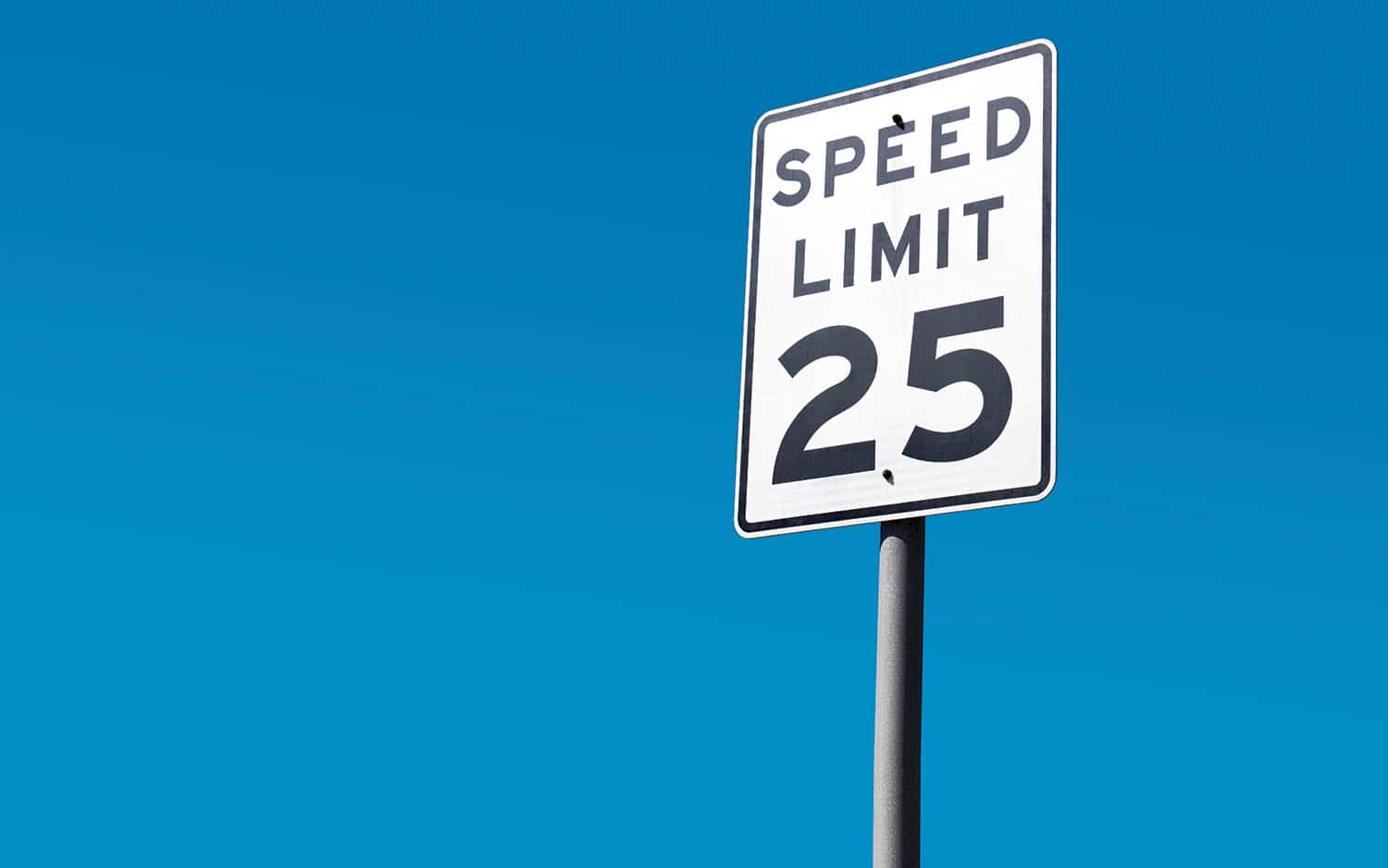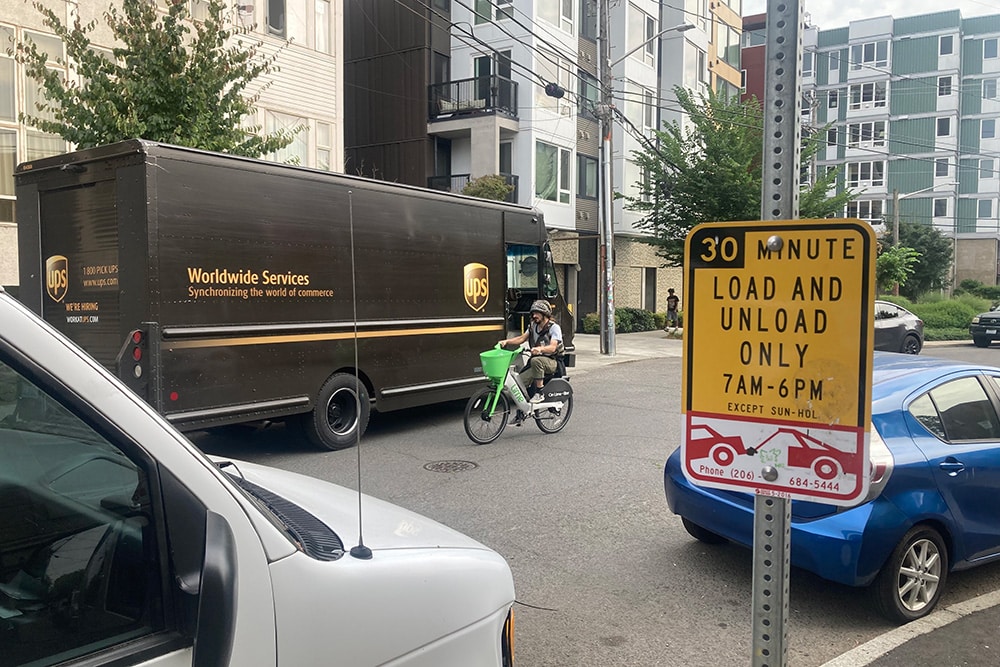
Innovation & Technology
Modernizing Commercial Loading
stock.adobe.com / Irina Strelnikova
Leveraging New Technology for Safer, More Sustainable Cities
As cities worldwide adapt to rapid urbanization and new technological advancements, the need for innovative curb management solutions has never been more crucial. Congestion, safety concerns, and inefficient allocation of curb space are challenges that municipalities must address.
The humble curb has long been an underutilized and mismanaged asset. As cities prioritize safety, sustainability, and equity in their transportation strategies, modernizing commercial loading practices is essential. By leveraging new data standards and digital tools, municipalities can optimize their curbs for efficient loading and unloading while improving safety and accessibility.
Two examples of modern data standards that accelerate the adoption of technology platforms to modernize parking are the Curb Data Specification (CDS) and Alliance for Parking Data Standards (APDS). Data platforms work with cities to inventory their curb space and parking regulations in standard, easy-to-use formats like CDS so that they can communicate parking regulations to fleet operators like Uber, Amazon, and on-demand delivery services. Cities around the world now manage their public right of way with data-driven insights and cutting-edge digital infrastructure.
The City of Seattle is implementing these data standards, converting its asset inventory into a digital format that is easily shared with commercial operators. This proactive approach allows for better management of loading zones and more efficient use of limited curb space.
In Oakland, city officials recognized that their commercial loading zones were full 95% of the time and illegally occupied half the time. This congestion not only created inefficiencies for businesses but also posed significant safety risks to pedestrians and cyclists. By adopting digital solutions to inventory and maintain their curb regulations, Oakland gained valuable insights into how their curb space was being utilized.
This year, Oakland implemented a new paid commercial loading strategy that includes expanding metered loading zones and utilizing hardware-free Smart Loading Zones through GPS data from connected vehicles. These solutions have revolutionized how Oakland manages its curbs, resulting in better-functioning loading zones, safer streets, additional revenue, and valuable data for future policy planning.
To realize the benefits of modernized commercial loading, cities must engage with commercial operators like Amazon, UPS, and DoorDash. By collaborating with these companies, municipalities can develop new technologies and strategies for efficient commercial loading zone payments, reducing the risk of parking tickets, speeding up delivery times, and promoting safer working conditions for drivers.
The future of curb management lies in the smart integration of digital infrastructure, active management, and connected vehicles. As cities strive to meet their goals for safety, equity, and sustainability, modernizing commercial loading practices will play a vital role in shaping urban landscapes. This modernization can unlock the full potential of their curbs and pave the way for safer, more sustainable, and equitable streets.
Together, we can create a future of smarter, more efficient urban mobility. ◆


Driving Equity
DDOT’s Signworks Platform Revolutionizes Curbside Management

The Digital Tsunami is Here
How Data Standards are Shaping the Future of an Interconnected






